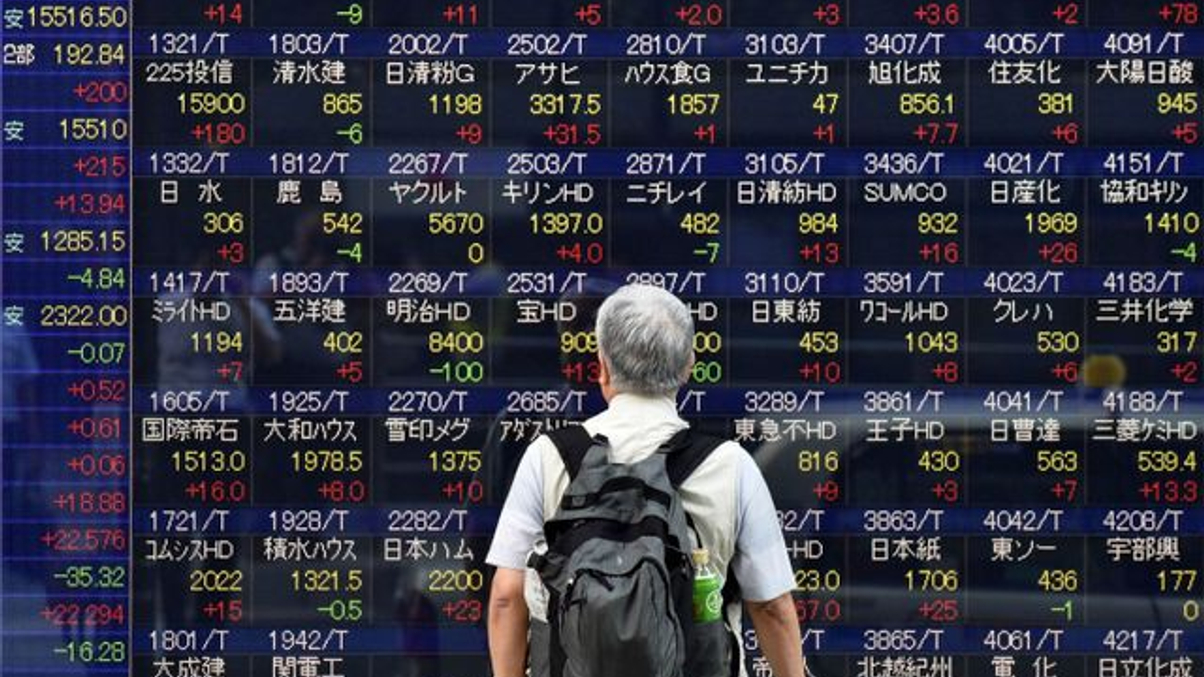Outlook 2024: Tailwinds, domestic events to sway Japanese equities
In a series focusing on the development of Asian markets in 2024, AsianInvestor zooms in on Japan and how investors might find value in stocks on the backdrop of a strong year.

Japanese equities scaled impressive heights in 2023, with the TOPIX and the Nikkei Stock Average (Nikkei) indexes reaching their highest levels since 1990.
Sign in to read on!
Registered users get 2 free articles in 30 days.
Subscribers have full unlimited access to AsianInvestor
Not signed up? New users get 2 free articles per month, plus a 7-day unlimited free trial.
¬ Haymarket Media Limited. All rights reserved.


